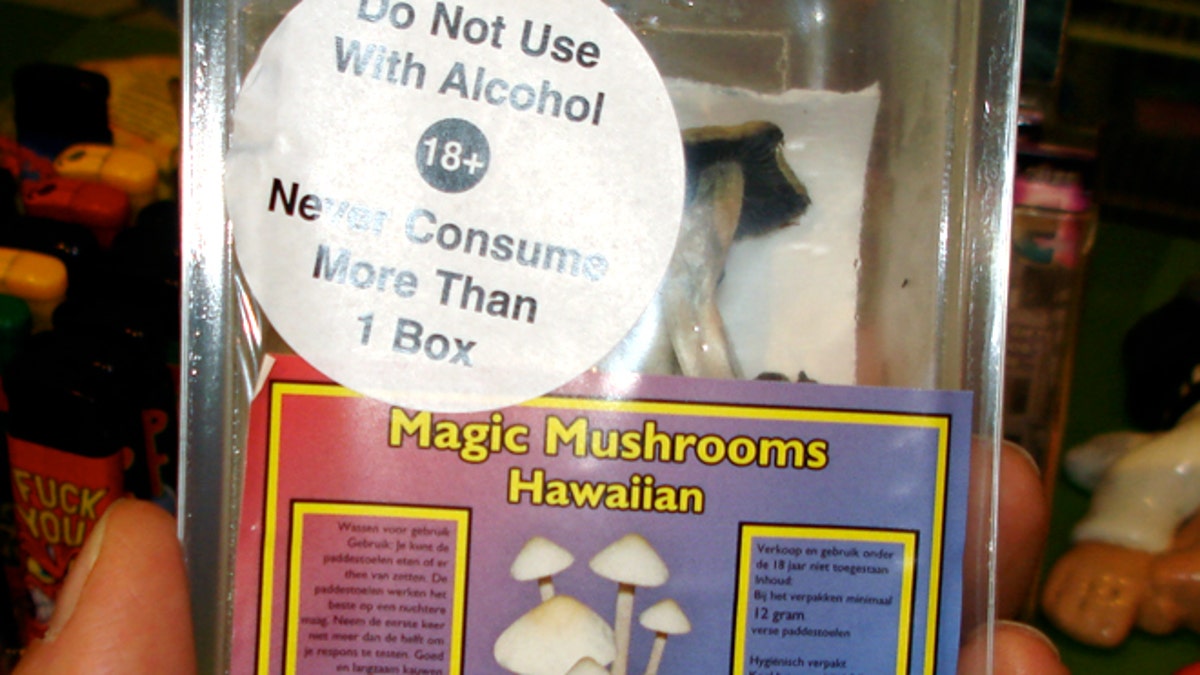
(Chris Kilham)
In the ever-changing health landscape, sometimes methods and medicines are vilified for a time, only to emerge anew, bolstered by science. Such is the case with psychedelics, those potent mind-manifesting drugs that caused a furor in the 1960s and early 1970s. For decades since the Timothy Leary-era of tripping and dropping out, this class of drugs was in deep-freeze, with no studies or funding available. But a thaw in thinking, and a number of studies have emerged showing benefits of this once shunned category.
According to a newly published study of 135,000 Americans, the use of psychedelics, including LSD, psilocybin and mescaline, is not linked to any increased risk of suicide, suicidal thoughts, or various forms of psychological stress. The study, published in the March 5 edition of the Journal of Psychopharmacology, is entitled "Psychedelics not linked to mental health problems or suicidal behavior: A population study."
Among the people in the study, over 19,000 reported having used psychedelics. These included LSD, psilocybin and mescaline, both of the latter active agents in magic mushrooms and peyote cactus respectively. All participants underwent a series of mental health evaluations, including completing standard questionnaires. The evaluations focused on suicidal attempts, thoughts and plans, and on significant depressive events or physician-diagnosed anxiety.
Decades-old hysteria cited psychedelics, notably LSD, as agents of madness, leading to recurring mental health problems. But not only did those who had taken psychedelics show no increased rates of problems, but overall the psychedelic group showed a slightly lower rate of mental health disorders.
The researchers stratified the participants into various groups to assess different statistics. In doing so, they assessed according to age, gender, and economic strata. Still, there were no significant differences in rates of mental health disorders among users and non-users of the psychedelics.
Additionally, researchers investigated the phenomenon of so-called “flashbacks,” events of greatly altered mood and perception often attributed to psychedelic use. These events are known as hallucinogen persisting perceptual disorders (HPPD). The study uncovered no greater rate of HPPD among the psychedelic group. In fact, the researchers cited a greater number of these events among non-users of psychedelics.
Current laws against LSD, psilocybin and mescaline do not reflect any health disorders attributed to these agents. Health authorities general acknowledge that these drugs, while potent in their effects, cause no known damage to any organ system. The once held theory that LSD might cause a form of psychedelic dependence has been soundly refuted. This latest study pokes holes in the notion that psychedelic use leads to mental instability.
Recent additional studies on psychedelics show that they can hold benefit in the treatment of anxiety and fear of death among terminal cancer patients, and that they can provide a spiritual experience deemed of lasting value by the user. I've read some soldiers who have not resolved their PTSD through conventional prescription drugs have been aided by LSD, peyote, ayahuasca and magic mushrooms.
More investigation needs to be undertaken with this approach to war wounds to understand what is at play. A small but growing body of published research into various psychedelics is yielding valuable results for the treatment of addictions and disorders that do not respond well to conventional forms of treatment.
Part of the caution concerning psychedelics is that they differ greatly in effects from one person to another, and they may promote lavish visions and reactions. Against a backdrop of drugs whose effects are largely known, psychedelics are rightly perceived as wild cards in the medicine cabinet. But a stream of science is demonstrating that this once demonized group of medicines has received unfair criticism in the past, and that these agents may hold keys to healing in the future.







































